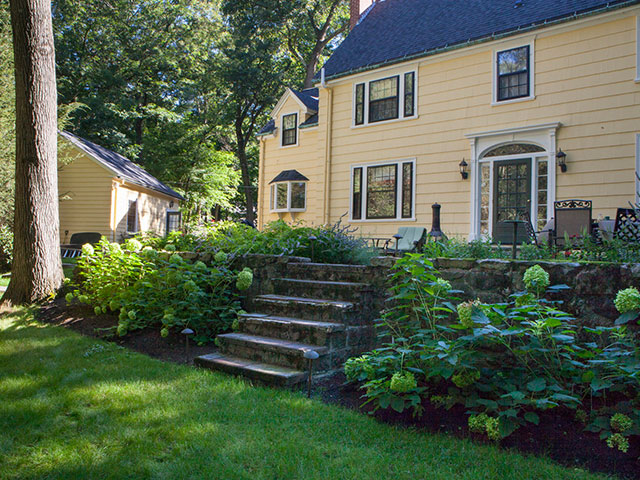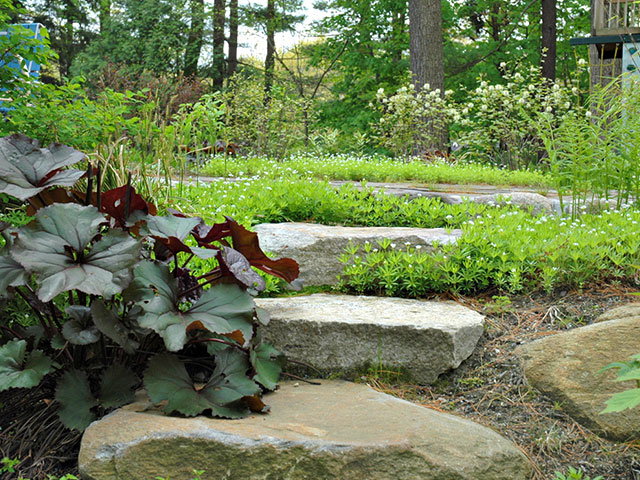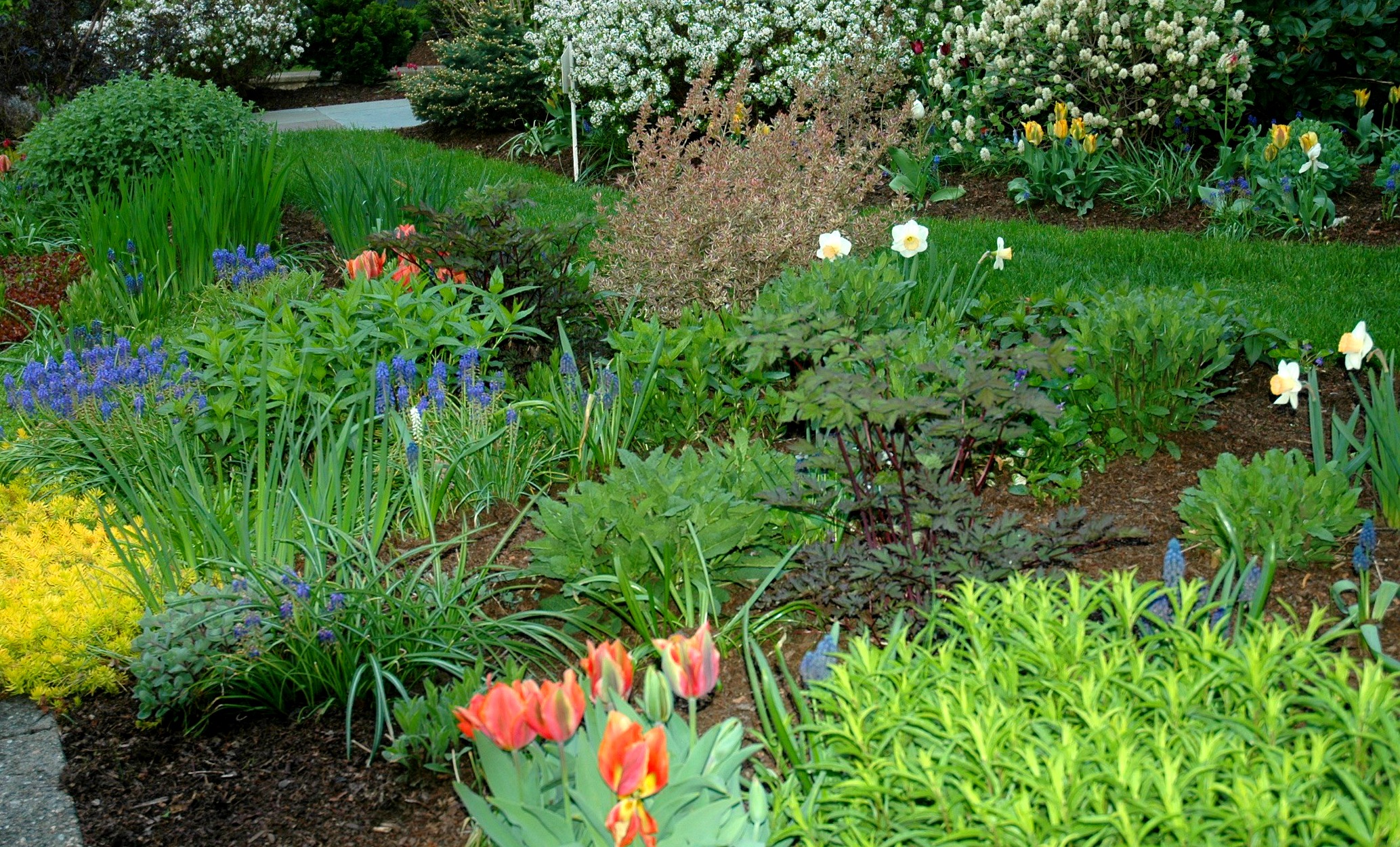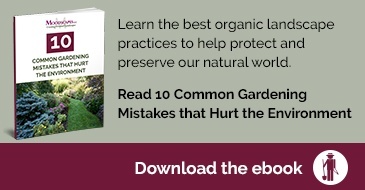If you’re in the process of creating a new landscaping plan and want a garden that is not only beautiful but good for the environment, you may be thinking about organic methods. There’s an entire movement focused on these principles, known as ecological gardening. This type of landscaping is based on organic methods and designed to not just avoid harming the ecosystem but actually improve it. This guide will help you understand the differences between organic and ecological gardening, the advantages of the latter, and how to get started.

1 – Understand the differences
Both organic and ecological gardening use a natural approach. With both processes, you’ll want to avoid using chemical fertilizers and pesticides to avoid hurting the environment. However, with organic gardening, you may use non-native plants like high-maintenance ornamentals. It's possible you'll even inadvertently manipulate the surrounding microclimates. The organic route is undoubtedly better than conventional processes, but it can still be harmful.
On the other hand, ecological gardening uses organic processes. It seeks to benefit the local ecosystem by using native plants and complementing the existing microclimate in your yard.

2 – Advantages of ecological gardening
With ecological gardening, you work within your local microclimates and mimic surrounding habitats. Using plants that encourage biodiversity will attract different kinds of pollinators and animals. Recently, in a simple study, one professor found that native trees used in landscaping attract significantly more good insects than non-native ones. To read more about this study, and the benefits to biodiversity that come from using native plants in gardening, take a look at this article from Horticulture Magazine.
Ecological gardening can also help reduce your utility costs by sustaining a more stable microclimate, absorbing heat and buffering against the cold. This can reduce the investment in heat and air required to keep your garden at the right temperature.
Doing little things like letting healthy leaves and perennials sit on the ground over the winter can provide warm nesting areas for local fauna. This type of shelter is especially good for caterpillars, who will love the dried leaves. If you discover you have fungus growing on last season’s plants, you’ll want to remove them in the fall or let them sit until spring.

3 – Where to start
There are a lot of simple steps you can take to create a beautiful ecological garden.
- Eliminate the use of chemicals, pesticides, and fertilizers. (Synthetic fertilizers)These are harmful products and can leach into the groundwater and damage your soil. Replace these synthetic compounds with organic products and processes.
- Test your soil. Healthy soil is an essential part of ecological gardening. To be sure your soil is healthy and (able support the vegetation) it is important to use a soil test that tests for organic matter as well as cation exchange, the ability of soil to take in water and nutrients. The right nutrient balance and strong soil structure will allow you to cultivate plants that will thrive. If your soil structure is weak, you can aerate it. If you need to add nutrients, you should treat it with organic fertilizers. Try to limit the natural fertilizers you use.
- Compost your plant product food waste. This waste will break down into a nutrient-rich product which can help enrich your soil. If your soil is healthy, you can use it to create a compost tea. This tea can be used to treat diseased plants or spot-treat soil that needs more nutrients.
- Collect rainwater. This not only lowers the amount of water that you draw from city utilities, rainwater actually has more nutrients and fewer chemicals. Often, plants can be harmed by chemicals like fluoride, which municipalities add to their water.
- Increase the biodiversity in your garden. A more diverse garden will increase the amount of habitat available for local fauna. It also helps attract pollinators and is healthier for the environment.
If you want to learn more about ecological gardening or don’t know where to start, give us a call here at Moodscapes. We have over 20 years of experience creating landscapes that are beautiful and environmentally friendly.

Moodscapes LLC is an organic landscape design and service company with a focus on helping you extend your life outdoors to enjoy activities on your own, as a family and with friends. We create opportunities for you to commune with and find joy and peace in nature and to live in an ecologically friendly and healthy environment. Please explore our landscape services and the portfolio that demonstrates many examples of our work.




